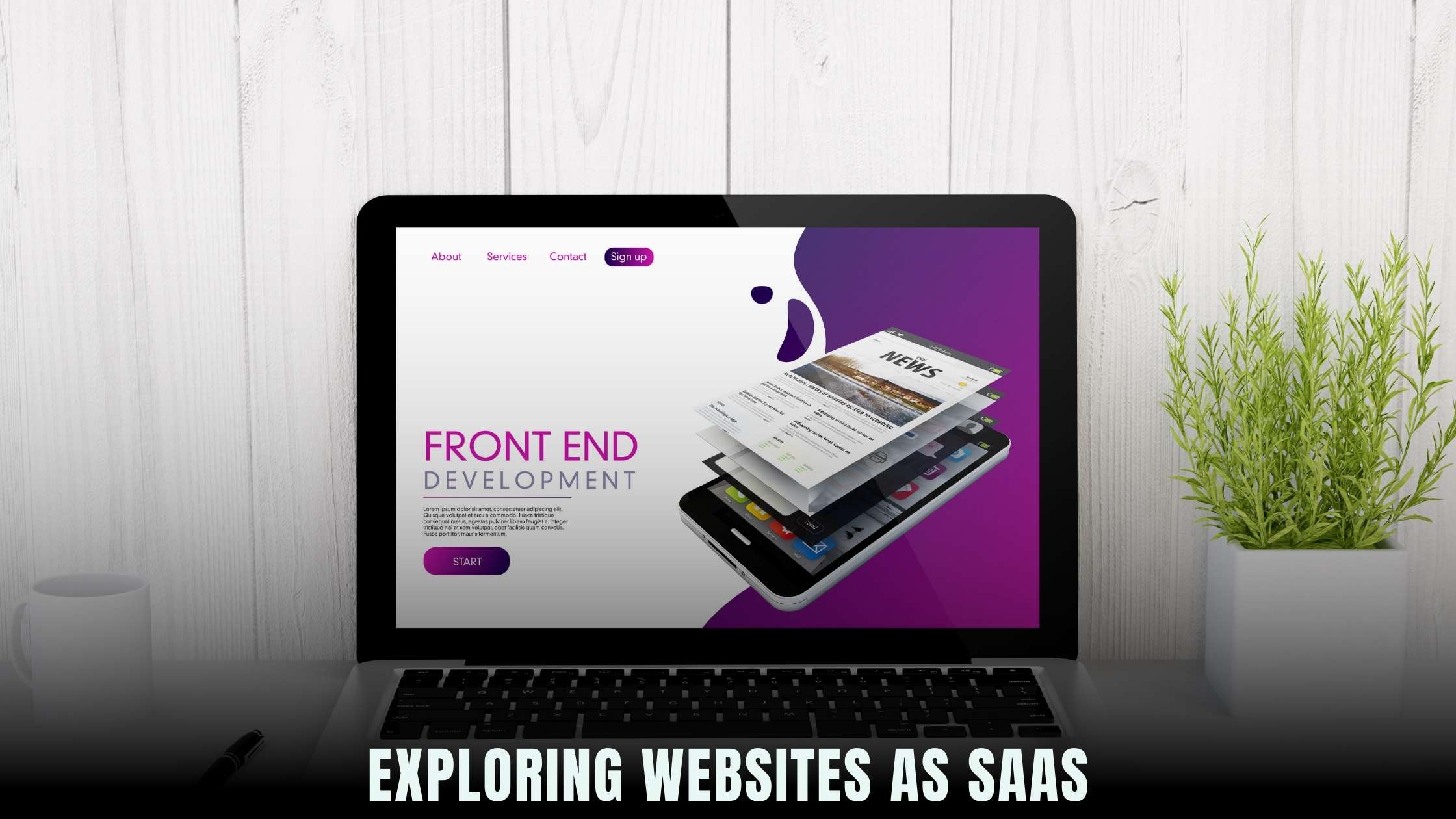Websites and SaaS: Understanding Service Classification
- WebOps Platforms Bug Tracking & Feedback Software Web Development & Design


Websites and SaaS: Understanding Service Classification
In the digital age, the landscape of software solutions and online services has evolved significantly. Among these, Software as a Service (SaaS) has emerged as a popular model for delivering software applications over the internet. However, there may be confusion regarding the classification of websites and their relation to SaaS. In this article, we will explore the distinction between websites and SaaS, understanding their service classification, and how businesses can leverage both to meet their objectives effectively.
Understanding Websites and SaaS
Websites:
A website is a collection of web pages accessible via the internet. It serves as a digital storefront or platform through which individuals, businesses, or organizations can showcase information, products, or services to their target audience. Websites can range from simple static pages to dynamic platforms with interactive features and functionality.
SaaS:
SaaS, on the other hand, refers to software applications hosted in the cloud and accessed via a web browser or API. Unlike traditional software models that require installation on individual devices, SaaS allows users to access applications remotely over the internet on a subscription basis. Common examples of SaaS include customer relationship management (CRM) systems, project management tools, and accounting software.
Classification Distinction:
While websites and SaaS share the commonality of being accessible online, their fundamental purpose and functionality differ. Websites primarily focus on providing information, promoting products or services, and facilitating communication with visitors. In contrast, SaaS applications are designed to deliver specific functionality or services, such as managing business operations, collaborating on projects, or analyzing data.
Do Websites Count as SaaS?
The classification of websites as SaaS can vary depending on their functionality and the services they offer. While some websites may incorporate elements of SaaS, such as web-based applications or subscription-based services, the majority are primarily informational or transactional in nature. Therefore, websites are generally considered a distinct entity from SaaS applications.
Relevant SaaS Products
- WordPress: WordPress is a popular content management system (CMS) that allows users to create and manage websites with ease. While WordPress itself is not a SaaS application, various plugins and themes extend its functionality to include features commonly found in SaaS platforms.
- Wix: Wix is a website builder platform that enables users to create professional-looking websites without the need for coding skills. While Wix offers subscription-based plans and additional features like e-commerce functionality, it primarily focuses on website creation rather than SaaS services.
- Squarespace: Squarespace is another website builder platform known for its elegant design templates and intuitive interface. While Squarespace offers integrated features such as blogging, e-commerce, and analytics, it is primarily geared towards website creation rather than SaaS functionality.
- Shopify: Shopify is a leading e-commerce platform that allows businesses to set up online stores and sell products or services. While Shopify offers subscription-based plans and additional apps for extended functionality, it is primarily focused on e-commerce rather than traditional SaaS services.
- Mailchimp: Mailchimp is a marketing automation platform that offers email marketing, audience segmentation, and analytics tools. While Mailchimp operates on a subscription-based model and provides SaaS functionality, its primary focus is on marketing services rather than website creation.
Leveraging Subscribed.FYI for Enhanced Solutions
For businesses seeking comprehensive insights into SaaS tools and services, Subscribed.FYI serves as a valuable resource hub. By accessing Subscribed.FYI’s curated deals and detailed information about SaaS products, businesses can make informed decisions about integrating SaaS solutions into their operations. Whether it’s project management, CRM, or marketing automation, Subscribed.FYI offers a centralized platform for evaluating, comparing, and selecting the best SaaS tools for specific business requirements.
In summary, while websites and SaaS share commonalities in their online presence, they serve distinct purposes and cater to different user needs. Understanding the classification of websites and SaaS is essential for businesses looking to leverage digital tools effectively and achieve their objectives in the online landscape.
Relevant Product Links:





